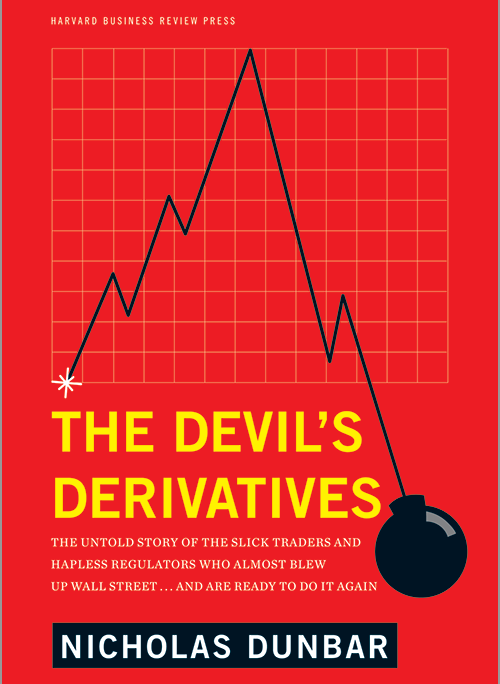The Hidden Dangers of Stock Market Derivatives: From Financial Innovation to a Capital Trap
The stock market was originally created to help companies raise funds for business expansion while allowing ordinary citizens to share in corporate growth and profits. In theory, it is a system that enables cooperation between capital and labor — a cornerstone of the modern economy.
However, with the rise of so-called financial innovations, the stock market has drifted away from its original purpose and become a playground for speculative capital. Among the most notorious innovations are stock market derivatives such as short selling, margin trading, and futures contracts.
Although these instruments are often justified as tools to “increase market liquidity” or “manage risk,” in practice they have become mechanisms for market manipulation, excessive volatility, and the exploitation of small investors.
1. Short Selling: Driving Panic and Price Collapse
Short selling allows investors to borrow shares and sell them, hoping to buy them back later at a lower price for profit. While defenders claim it promotes “price discovery,” in reality it often serves as a weapon to suppress prices and trigger panic.
When large institutions control massive capital and market influence, they can engage in heavy short selling to create downward pressure, prompting retail investors to panic-sell. This in turn accelerates price declines and allows the institutions to buy back cheaply for easy gains.
Such practices distort market dynamics, erode investor confidence, and turn the market into a rigged game rather than a fair investment platform.
2. Margin Trading: Amplifying Gains—and Disasters
Margin trading enables investors to borrow funds to increase their trading position. It appears to enhance investment efficiency, but in truth it magnifies both profits and losses.
When the market is bullish, leverage can multiply gains. But when the trend reverses, losses are multiplied, often resulting in massive forced liquidations.
The 2008 global financial crisis was a classic example of leverage gone wrong—financial institutions overextended themselves, creating a chain reaction that led to worldwide economic collapse.
For inexperienced retail investors who lack risk management skills, margin trading is not investment—it is gambling with disastrous odds.
3. Futures and Derivatives: When Speculation Replaces Investment
In theory, futures and options exist to hedge risks. In reality, however, they are mostly used for short-term speculation and price manipulation.
These derivative markets, often dominated by large institutional investors, generate trading volumes that far exceed the real stock market. Prices fluctuate wildly, often detached from the actual performance of underlying companies.
Over time, this dynamic undermines the stock market’s original purpose as a platform for capital formation, making it harder for real businesses to raise funds at fair prices—and discouraging long-term, value-driven investing.
4. The Gamification of Finance: Turning the Market into a Casino
When financial derivatives dominate the market, investing becomes secondary to speculation.
Stock prices no longer reflect a company’s earnings or potential—they mirror market sentiment and capital flows.
Retail investors, lacking the information and financial power of institutions, are inevitably at a disadvantage, becoming the “harvested crops” of the financial system.
This widening gap between the powerful and the powerless not only deepens economic inequality, but also threatens the stability of national economies.
5. A Warning for Developing Nations
For developing countries, the stock market’s main purpose should be to support real economic growth and protect small investors.
Blindly introducing complex Western-style derivatives risks turning local markets into speculative battlefields dominated by foreign and institutional capital. This not only concentrates wealth in a few hands but can also trigger systemic financial crises.
Rather than chasing the illusion of “financial sophistication,” emerging markets should focus on building transparent, fair, and stable financial systems that prioritize long-term national development over short-term speculative gains.
Conclusion
Financial innovation without restraint becomes a destructive bubble.
The proliferation of stock market derivatives reflects the insatiable greed of capital and exposes the inherent flaws in the modern financial system.
A truly healthy stock market is not measured by the volume of trades, but by its ability to serve real businesses and strengthen the national economy.
If developing nations can learn from the financial crises of the West and carefully limit speculative instruments, they can prevent their markets from turning into casinos—and instead preserve them as engines of genuine economic growth and protectors of national wealth.


Leave a Reply
Want to join the discussion?Feel free to contribute!